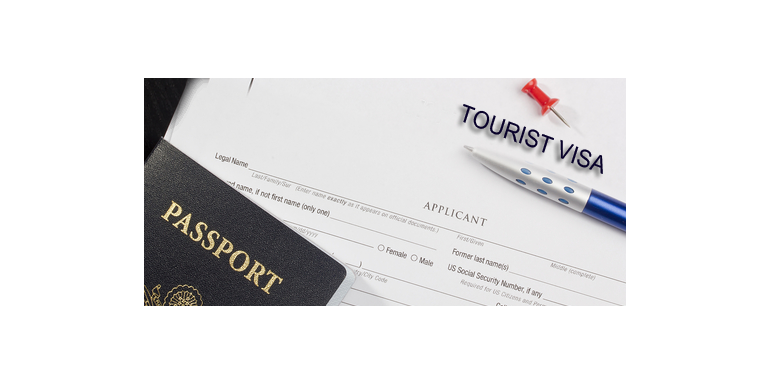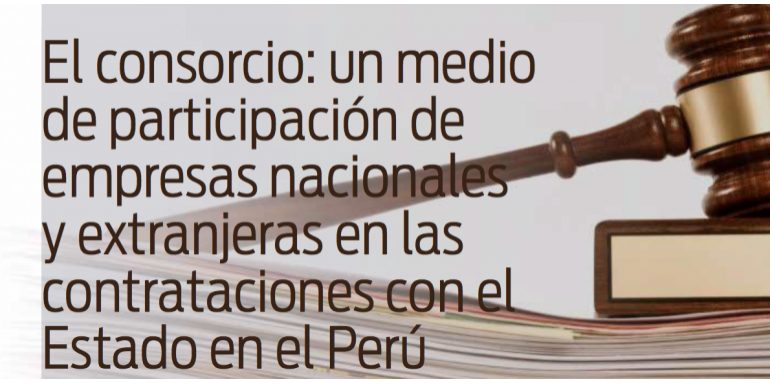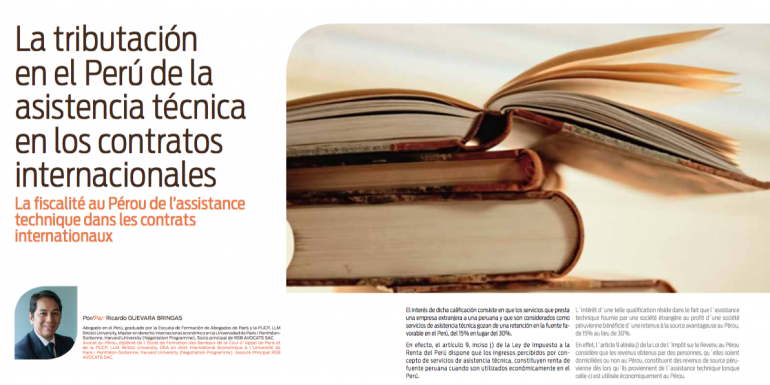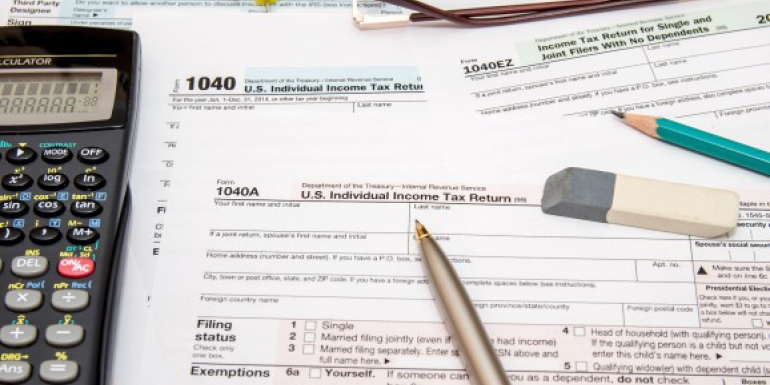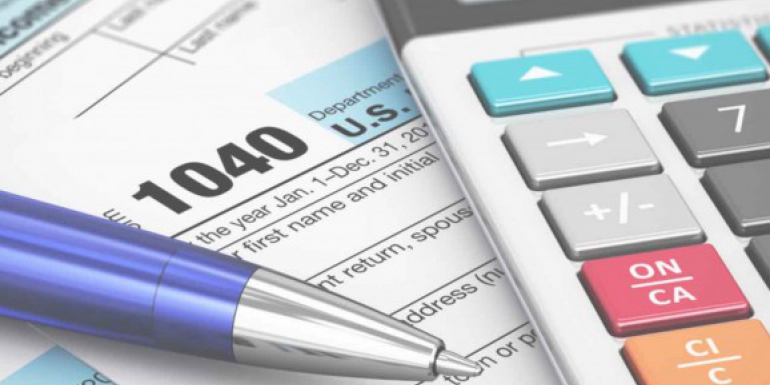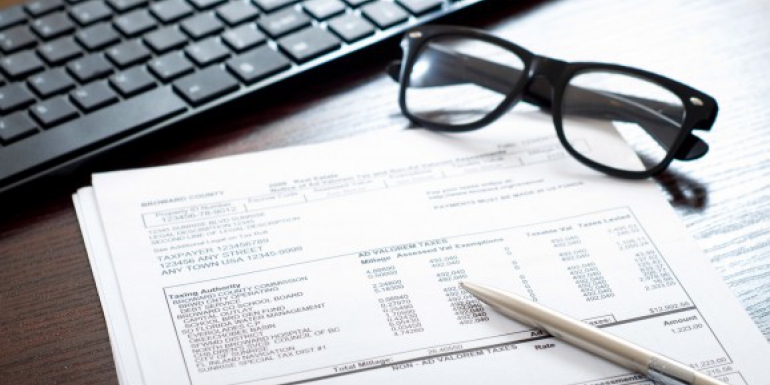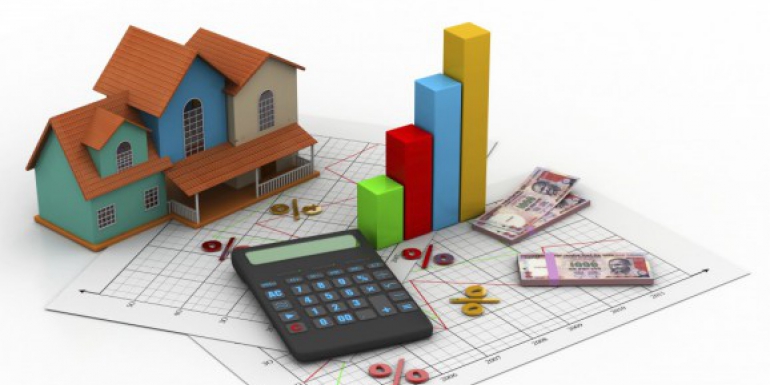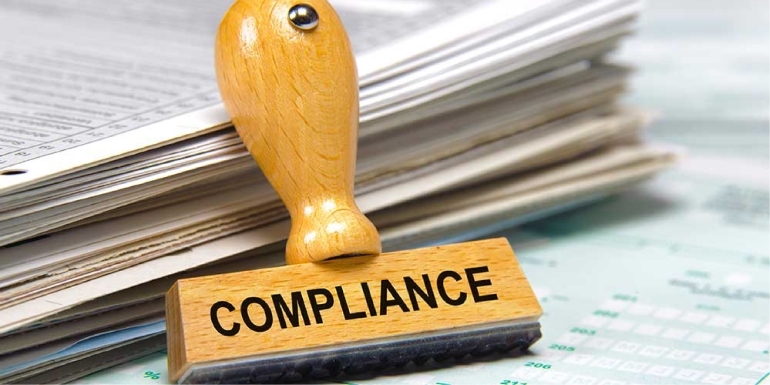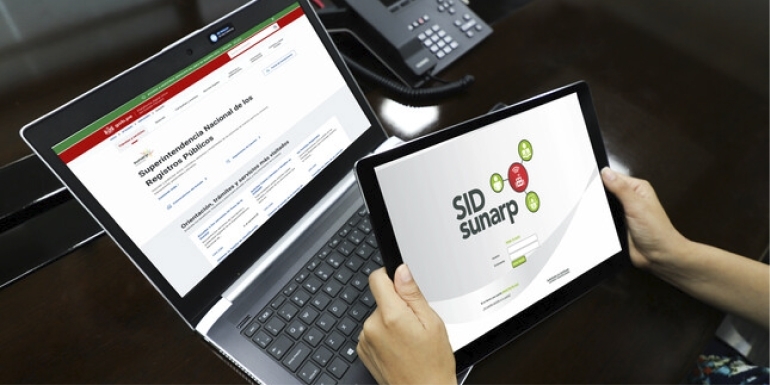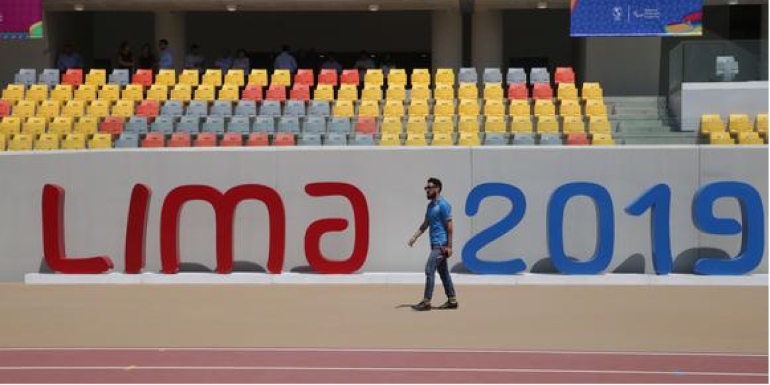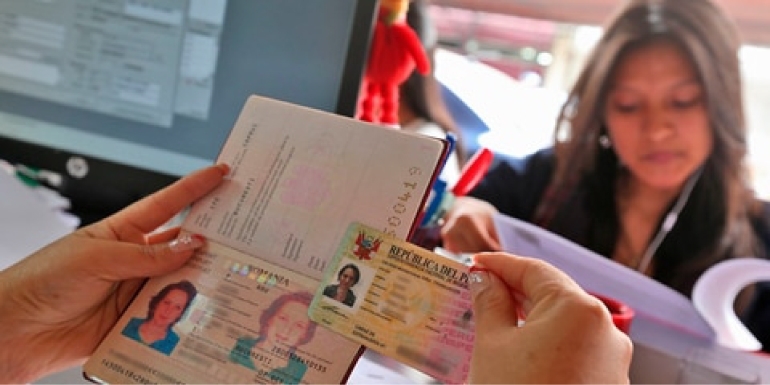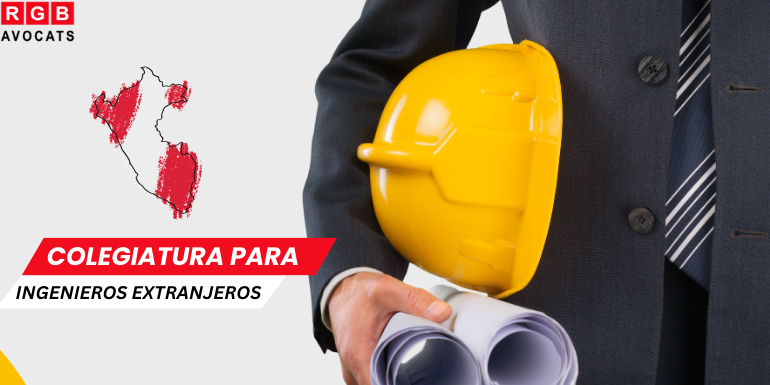While many countries have recently seen the real estate sector fall dramatically, the demand for housing and real estate properties in Peru remains strong. Every day, we see new projects going up, and people are still buying new flats, offices and houses. In this context, it’s appropriate to give a brief overview on the taxes applicable to real estate transactions in Peru. Our analysis will be made from a Peruvian law standpoint and will summarize the main taxes involved in the most common real estate related transactions.
1. Buying Real Estate
An individual or corporation that buys any property must pay the Alcabala Tax (there are some exemptions, notably for religious congregations, universities and schools). The applicable rate is 3% of the property value. The property value is assessed based on the declared value of the property (autovaluo) minus an amount equivalent to 10 UIT, a sum of about US$ 12,000.
« UIT » stands for Unidad Impositiva Tributaria. The UIT is a unit of monetary measurement, regularly updated every year by the government in order to handle payments made to the government, such as taxes and fines. The UIT for 2017 is S/ 4,050 (approximatively USD 1,242).
In addition, the first sale of a new property made by a real estate company will only have to pay the Alcabala tax on the value of the land, and the applicable VAT tax rate (18%).
2. Selling Real Estate
For individuals, revenues that come from the sale of property in Peru do not fall within the scope of Peruvian income tax as long as it meets one of the following criteria:
The property was acquired before 1 January 2004, or
The property was the main residency of the seller (casa habitación). According to Peruvian law, a property is considered a casa habitación when the individual uses it for domestic purposes. The property must not be used for business purposes. One individual can only have one casa habitación.
Apart from the above mentioned situations, the sale of property is subject to the application of income taxes. Individuals that have their tax residency in Peru will pay income taxes of 5% of the gross revenue . The gross revenue is the result of the difference between the original price paid for the property and the price for which it was sold. 5% of this amount must be paid to the tax administration.
Likewise, as of January the 1st 2017, individuals who are not tax residents in Peru are also taxed at a rate of 5% on the sums obtained from the sale. However, they may request that they only be taxed on the difference between the original purchase price and the selling price. This procedure is called “devolucion del capital invertido”.
Corporations located in Peru that sell real estate will have to pay 29.50% tax on the net income after applying all tax deductions permitted by Peruvian Law. Sales made by corporations located outside of Peru will have to pay 30% tax.
3. Renting Real Estate
Individuals who are tax residents in Peru and those who are not, and receive income from the lease of property must pay 5% on the rental income.
In any case, the rent payments received by the landlord on rental property must not be less than 6% of the property’s value (autovaluo) on a yearly basis. Corporations located in Peru that lease real estate will have to pay 29.50% tax on the net income earned after applying all tax deductions permitted by Peruvian Law. Corporations not located in Peru that lease real estate here will have to pay 30% tax on the sums they obtain from rentals.. And as above, the rent payments received by the landlord on rental property must not be less than 6% of the property’s value (autovaluo) on a yearly basis.
4. Holding Real Estate
There are some taxes that apply only to property owners.
The Impuesto Predial (property tax) is payable by all property owners. The tax amount is based on the declared value of the property (autovaluo).
| Property Value |
Tax Percentage |
| Until 15 UIT |
0.2% |
| More than 15 UIT up to 60 UIT |
0.6% |
| More than 60 UIT | 1.0% |
This tax must be paid by the person who is the owner of the property as of January 1st of the relevant year.
Finally, the owner must also pay the local taxes, called arbitrios, which are calculated according to the property value (autovaluo) and the area in which the property is located.
In conclusion, it should be stressed that people who aren’t tax residents of Peru pay very high levels of taxation on the sale and lease of property here. Consequently, when there are several properties at stake, it would be wise to set up a company in order to make real estate transactions and deduct all costs related to this activity.





